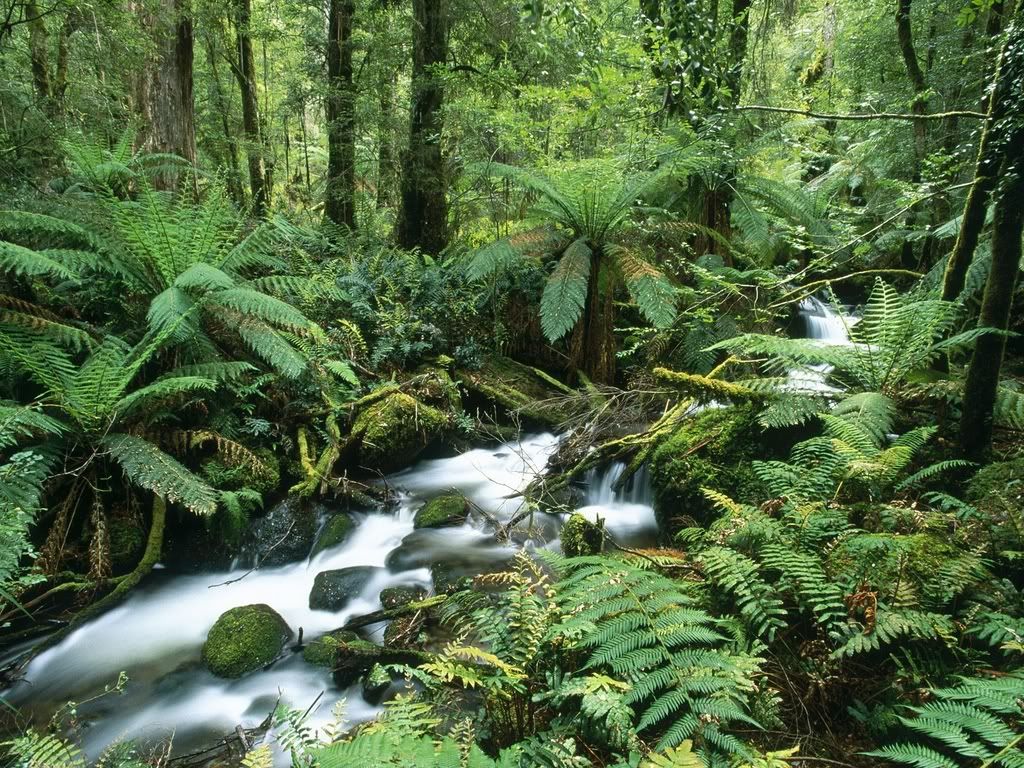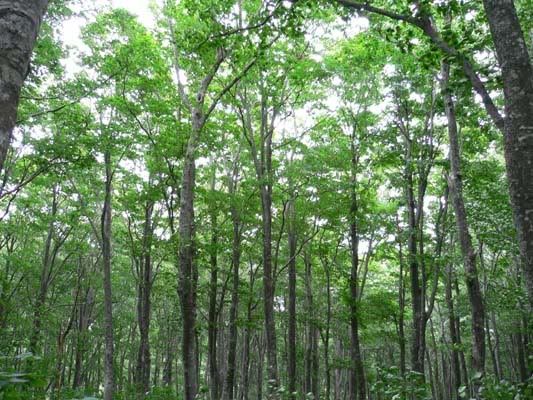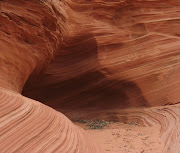Tuesday, July 24, 2007
Forest Funding & Globalization
Posted by
Maureen
Forests play a major environmental and aesthetic role in the real world. Fantasy features forests symbolically and for the woodsy beauty of abundant metaphors. The World Bank is seeking to raise enthusiasm for a $250 million USD Fund to save the Earth's forests. From a strategic standpoint, it is starting on a small scale by focusing on deforestation efforts in developing nations.
The World Bank is more attuned to using monetary means for leverage with Third World countries while using resource management from First World nations. The Forest Fund is seeking donors, but the true measure of its success is whether they seek collaboration and cooperation for coalitions that have a sustainable strategic platform from which to grow and celebrate their successes. Australia has split its contributions roughly in half with Indonesia deforestation a regional priority.
Large scale initiatives have come under fire from some of the executive leadership decisions made inside the closed branches of the World Bank. Globalization and trade policies affect developing countries as they maneuver amongst the giant redwoods of global finance. The nations trade and leveraging what few assets a developing nation may have to gain financial credit. Climate Change and how developing nations deal with the pressure to use their assets, i.e. forests, water and other precious resources, are under constant peer review by environmentalists.
Books do a more thorough review of the World Bank and offer a variety of perspectives. Joseph Stiglitz, Nobel Prize winner in Economics and critic of World Bank policies, writes often about the need for the "Greening" of Globalization. A book examining the inner workings is Imperial Nature: The World Bank and Struggles for Social justice in the Age of Globalization by Michael Goldman distributed by Yale Press. The Globalizers: the IMF, World Bank and Their Borrowers authored by Ngaire Woods gives a history tour of its founding at Bretton Woods and the effects of the policies of the institutions.
at
7/24/2007 02:08:00 PM
Labels:
Asia,
Books,
Climate Change,
Environment,
Global Warming,
Money,
United Nations,
World Bank


Subscribe to:
Post Comments (Atom)












No comments:
Post a Comment